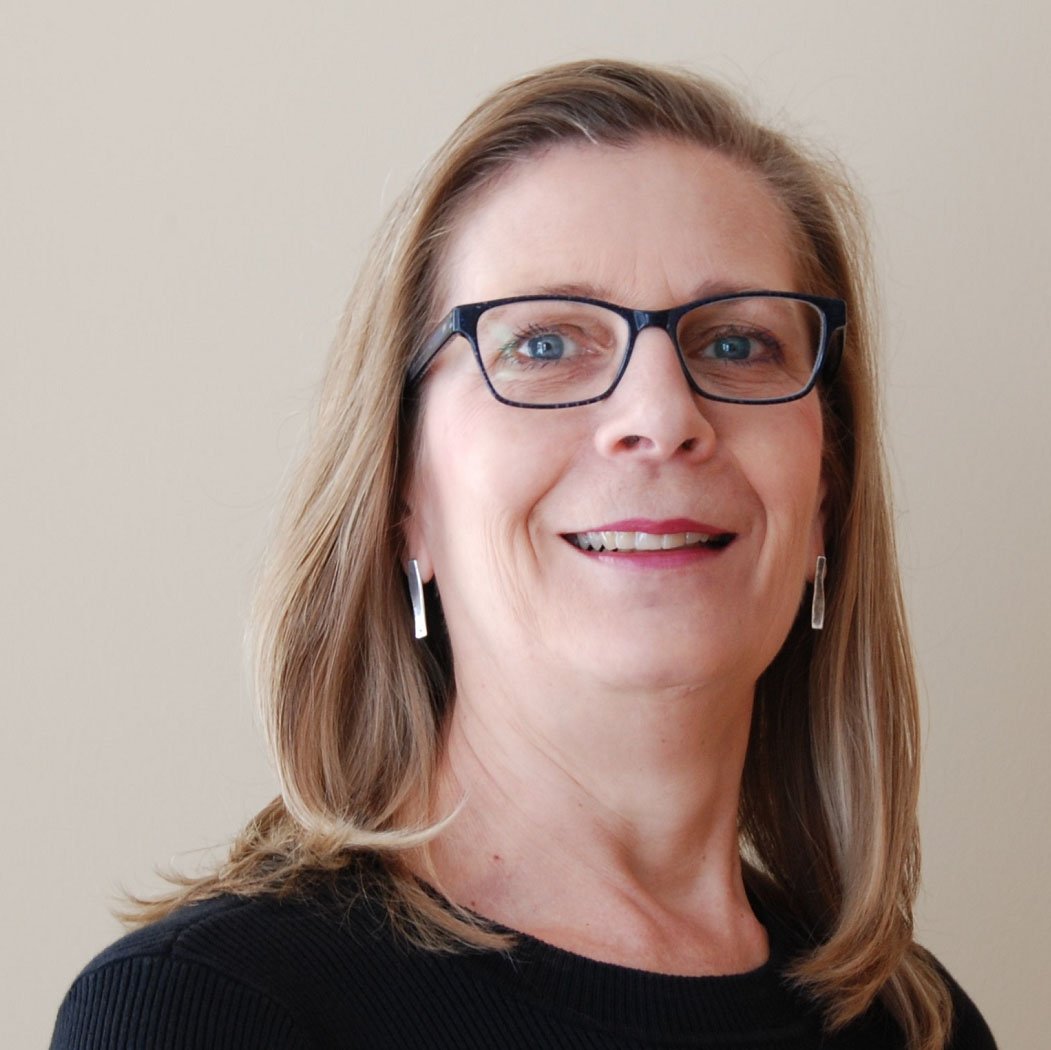
How did you get started in the mineral exploration industry?
I have always liked to seek out data, compile it, look for patterns, answer questions, and solve puzzles. At the University of Saskatchewan, the geological sciences program certainly provided for that and I looked forward to pursuing practical experience in the field. However, my start in the mineral exploration industry did not occur until 3 years after graduation. One summer, I received a call from another graduate geologist with whom I had formed a friendship while we were in university and which has persisted to this day. She was working for a company that needed field geologists, and a lot of them. The company did not require any prior work experience. Although I had pretty much given up, I owed it to myself to embrace the opportunity and find out if I had it in me to do this job. That first job, although it was only a 9-month contract, gave me a robust set of field skills and experience ranging from prospecting to running a 3-drill program.
What are some of the positions you’ve held over the years?
Working primarily in the junior exploration space, there are opportunities to do almost every job there is to do, and often, conducting several of them at the same time. With the occupation of Geologist, I enjoyed a range of experience: field geologist, project geologist, soil sampler, core logger, exploration manager, camp builder, cook, contracts manager, human resources, marketing, finance, communications, mentor, share capital management, corporate governance, liaison for board of directors…the list goes on!
To what do you credit your career advancement?
My geoscience career spans more than 30 years, working for only four different companies, not including a series of recent corporate transactions. While my career is still in progress, as a consultant to the industry and an avid volunteer with the PDAC, I achieved senior management positions with the junior explorer that I worked with for 12 years. I attribute this to a strong work ethic shared by the very first project geologist that showed me the ropes, hard work, a keen desire to obtain the best information possible, improve systems and the unwavering encouragement and support of my manager and board of directors.
Given the cyclical nature of the industry, you must have faced a downturn – how did you weather your way through it and what advice would you give to young geologists and recent graduates that are facing the current slump?
Like many of us who have been around for awhile, I have seen many downturns. One such time, I was able to bridge a gap in mineral industry employment by working with a consulting firm that specialized in public consultation and communications programs for municipal and remote infrastructure projects. In this firm, the experiences gained were directly relevant to the more advanced roles in the minerals industry I later held. If one is out of work in a minerals industry downturn, try to get a job in a different industry that will give you other experience and skills that will be useful to you as a developing geoscientist or manager in the exploration industry.
What are some of the most important lessons you’ve learned while working in the industry?
My number one adage is “flexibility is the key to success”. We must be adaptable to changing circumstances, and moreover, agile.
Treat every experience as a learning experience, and every person you meet as someone to learn from.
Push yourself beyond your comfort zone and aim to assume more responsibility and accountability.
Be respectful of everyone you meet. This industry, while global in scale, is actually a very small world.
Take the opportunity to volunteer with an organization. Not only will it help others, it will expand your network and horizons, and make you a better person.